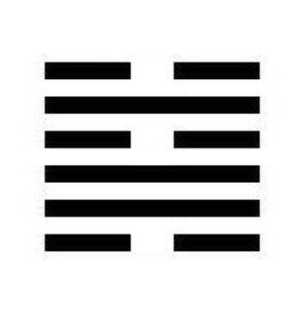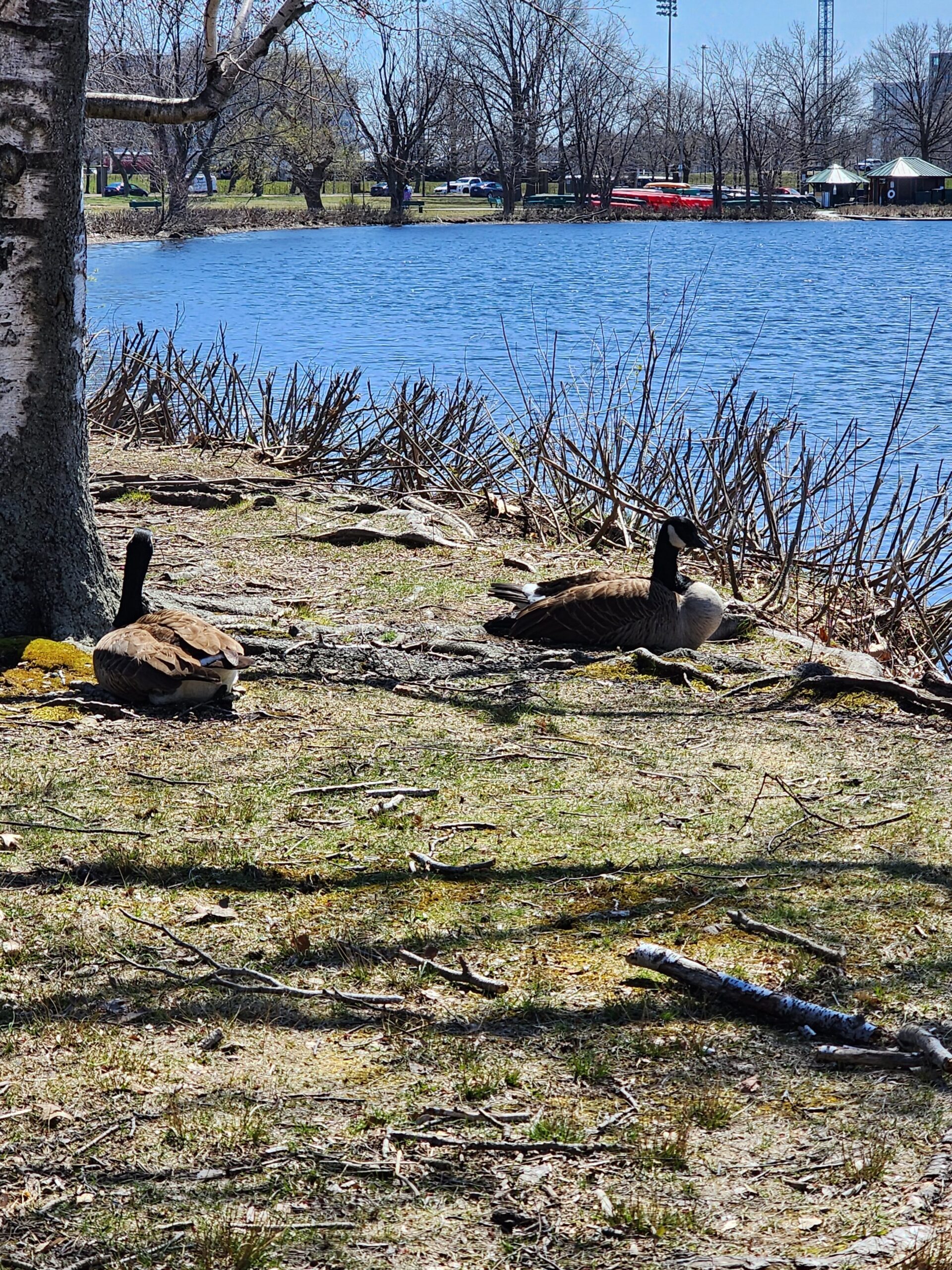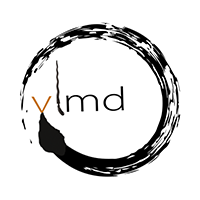April has bruised me. While its reputation as the cruelest month may be contested, it knows how to pack a punch. The dance injury I acquired months ago continued to plaque me. I woke up multiple times every night in pain, exhausted but unable to sleep. My schedule intensified. Project deadlines loomed. My father had a stroke and was admitted to the ICU. On the outside it seemed that everything was fine. I went to work, talked to people as if nothing had happened, completed my obligations. I intensified my workouts and increased my dance classes from the 2 hours allowed per week to a surreptitious 7 hours. Movement has always been my way of processing, even before writing. I needed to move because I had no other way to express what was going on inside me and I didn’t know how to ask for help. Everyone was busy and had their own ‘stuff’ going on. There wasn’t anything they could do, anyway, to change things, so why bother them?
One day I got up and tried to walk and the pain was so intense after a few steps that I bent over and couldn’t straighten up. True to form, I kept pushing, but every step elicited a sharp pain and my hip would give way. If I didn’t have the wall next to me I would have collapsed. Bent over, with one hand on the wall, I hopped on my left leg to the nearest chair and sat down. It sounds stupid now but the thought I had at the moment was: wow, my leg is so weak. I need to strengthen it. I should go to the gym. Later that day, I tripled the reps my PT had given me (I was already doing double the amount) and added eccentrics in all the exercises for greater gain. I also went to a dance class I wasn’t supposed to attend because my teacher from New York had come into town to teach and he always pushed and critiqued me the hardest, which was something I felt I needed.
By the next day, the pain was excruciating. I don’t, as a rule, medicate myself in any way from pain, so it was hard to function. I went to work and when it got too much, I would go to the bathroom to let the tears out from the pain, then go back to seeing patients as if nothing had happened. I couldn’t walk, and sitting for anything longer than 5 minutes was unbearable too. I usually stood all day but now my hip ached from fatigue. Lying down was worse since pressure on my sacroiliac joint gave me back pain. I might never dance again. That thought held the most despair for me. Even the pain paled in comparison to the idea of never dancing again.
For some reason, I recalled the Daoist wuwei, a term that means no effort, or no resistance. Wuwei is moving with the life force, and allowing a natural flow or course. I had never studied Daoism but I grew up embedded in many of its precepts, so I knew that wuwei was to align oneself with the life force and capitulate to its cycles. Life as a dance has its own rhythms and wuwei is to attune oneself and move in accord with those rhythms. Out of curiosity, I did something I had not done in years. I consulted the i-ching.

This is the Book of Changes, an ancient book of divination. Scholars use it as a guide for moral decision-making. By the Tang dynasty, it was seen as a book of philosophy in metaphysics and ethics. Fifty sticks are used in the divination process which involves a meditative sorting of sticks into random sets of six with 6-9 sticks per set. The resultant 64 possible combinations are ‘translated’ into 64 corresponding hexagrams. Each hexagram has a top trigram of 3 lines and a bottom trigram of 3 lines. I have not used the i-ching much but the few times I have consulted it, I either used the modified 3 coins method (popularized during the Tang dynasty) or simply turned to a random page from the Book of Changes.
The hexagram that I opened the book to was number 48–the well (see above). The trigram above is the abyss, and the one below is wood, symbolizing gentleness. There are many scholarly commentaries and interpretations of the hexagrams. I usually rely on my own intuitive readings. The well is a place of depth and darkness, and also a source of sustenance and nourishment. For me, the top trigram of the abyss supported by the bottom trigram of gentleness was a potent message on my own situation. Life-giving water is found in chasms; it is accessed not by resistance but by succumbing.
That day I had been revising a piece of writing on the kidney as a source of sacred strength and fertility to the ancient Egyptians and Hebrews. As a pair, the kidneys are physical representations of Libra or the Scales, signifying balance in the body. In Chinese traditional medicine, the kidney meridian controls energy regulation (metabolism) and blockages to this meridian are experienced as fatigue and weakness. The kidney is the storage compartment of our jing or life force. It represents ambition, willpower, discipline and vigor. Conversely, its element–like the well–is water, which is yielding, soft, pliant. Kidney energy is accessed through gentleness and rest.
And if that was not enough, I received three separate requests for consults on kidney dysfunction on the same day. Everywhere I looked, kidneys seemed to be following me. Synchronicities are an internal language of signs and symbols that create meaning for an individual. I believe that one way to define intuition is the inherent ability to read, connect with and interpret our external inputs with our interoceptive powers. We traverse an internal landscape of emotions informed by memory and experience, guided by our bodies. If one were to read the entry in my journal of hexagram 48, well, abyss, gentleness, kidneys, vigor, exhaustion, gentleness, it would seem a hermetic reference. To me, however, the writing was on the wall: Go gently into the abyss.
The next morning, after another night of teeth-grinding pain, I made a decision. I would spend the week going gently. I would yield to my body and its needs without self-accusations of weakness or lack of will. I would not exercise or take dance class for a full week. I would try to sit more. I’d work without pushing to do more, faster. I would allow myself to disappoint others. I would allow slippage of my goals and deadlines. I did not need to go hard. I would soften my resolve.
I approached my writing without rush. I allowed myself to meander through an article and pause over a line. I stopped at a word and felt it move through my body. I have always experienced language as movement through my body (which may be why I think best when moving). In the past weeks I had stifled that part of me and written with a business-like urgency to hit a self-imposed deadline. Now I allowed myself to fully engage in the synesthesia of movement and language and the hour flew by without me noticing. I did not re-read to edit. My creations, fresh from their recent birth, deserved gentleness. Half-formed as they were, and ungainly, I let them be.
Instead of going to the gym I went for a walk. In order not to put any strain on my hip, I slowed down till it was uncomfortable. Unused to slowness, it jarred me. At one point my right hip and leg ached with fatigue. Normally I would have pushed on. I stopped. I stood in the middle of the path and let myself recover. When I started walking again, I went even slower. At one point, I sat down on a bench and watched some resting geese. We allowed ourselves the gift of indolence.

When I stood up again, a shift happened in my body. I stopped limping. I noticed the transfer of weight to the inner part of my foot after the heel strike, something I had not paid attention to in my usual rush. That awareness was coupled with a neural change. My brain could connect to my foot and as a result, learn to distribute weight appropriately as I walked. I stopped lurching from side to side. I learned how to walk again.
I went to the gym at night without a plan. I usually trained in the empty studio but I had committed to rest. Since my slow walking had been so transformational, I decided to do the same with dance. I stood in first position at the barre, a beginner once more, and began to do some very slow demi-plies. I added in very slow tendus and then eased into 2nd position. I did more demi-plies, noticing how my right hip hiked up. I shifted my weight, moving slowly to allow my body to get used to the adjustment.
On a whim I sat on a balance ball and decided to dance only with my upper body. I could work on musicality and textures without using my legs. It was strange and frustrating at first. I ran out of movement patterns very quickly. That’s because you’re limiting your creativity. Stretch yourself–make it interesting. So I played some music and spent the hour on improvisations. By the end of the evening I was in a deeply meditative state. Channeling my grief, fear and mixed emotions through my body as I danced was healing. Working with constraints pushed my creativity in ways I hadn’t anticipated and it even evolved into play, something unexpected and greatly needed.
Many years ago I ignored my body’s urgent warnings for over a year and ended in a state of complete burnout. I have worked hard to stay embodied after that but so many years later I veered off the path. Fortunately, this time it was only for a few weeks. Like a tidal wave, Life crashes into you and you get thrown. You choke, gasp and struggle against the riptide. You kick the ocean as it pulls you down. At the last moment you glimpse the sky and realize how expansive and beautiful it is. You are held in its reflection, the blue expanse of water. You relax and begin to float. The sky’s abyss is the water’s surface. You remain suspended between the two like some primordial lungfish, poised to discover land.
